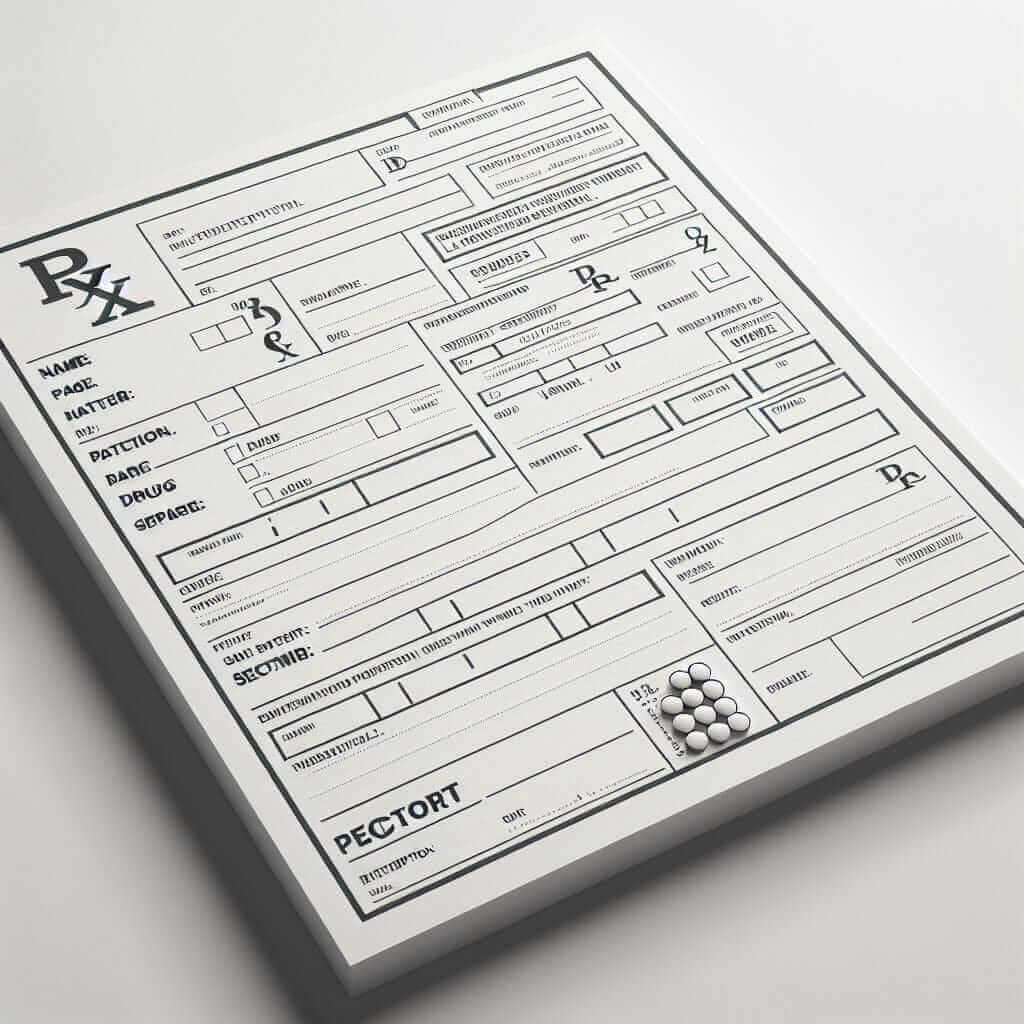The IELTS exam often features vocabulary related to health and medicine. Understanding and being able to use these words accurately can significantly impact your score, particularly in the listening and reading sections, as well as potentially in the writing and speaking sections. This article focuses on the keyword “prescription” and its related vocabulary, providing a comprehensive guide on how to master these terms for your IELTS preparation.
Understanding “Prescription”
Pronunciation: /prɪˈskrɪp.ʃən/
Part of Speech: Noun
Definition: A written order from a doctor or other qualified healthcare professional that allows you to obtain medication at a pharmacy.
Example: The doctor wrote me a prescription for antibiotics.
Synonyms and Antonyms
Here are some words related to “prescription” that might be helpful for the IELTS exam:
Synonyms:
- Medication order: This term is commonly used in hospitals and other healthcare settings.
- Example: The nurse will administer the medication order as directed by the doctor.
- Script (informal): This is a shorter, more informal way to say “prescription.”
- Example: I need to pick up my script for painkillers.
Related words:
- Over-the-counter (OTC): Referring to medication you can buy without a prescription.
- Example: You can find pain relievers like ibuprofen over-the-counter.
- Pharmacist: A healthcare professional who dispenses medication based on prescriptions.
- Example: The pharmacist explained the dosage instructions on the prescription.

“Prescription” in the IELTS Exam
“Prescription” and related terms appear frequently in the IELTS Listening and Reading sections. You might encounter them in passages or dialogues about:
- Doctor’s appointments: These often involve discussions about symptoms, diagnoses, and prescriptions.
- Pharmacy visits: These scenarios often involve vocabulary related to filling prescriptions, understanding dosage instructions, and potential side effects.
- Health articles: These might discuss different types of medication, the process of getting a prescription, or the importance of following dosage instructions.
Using “Prescription” in Your IELTS Responses
Writing Task 1 (Describing Trends)
You might see a graph or chart about prescription drug use in different age groups. When describing the trends, you can use phrases like:
- “The number of prescriptions issued to older adults increased steadily.”
- “There was a marked decline in the prescription rate for antibiotics.”
Writing Task 2 (Opinion Essay)
Imagine an essay question about the affordability of prescription drugs. You could use sentences like:
- ” Governments have a responsibility to ensure that essential prescription medications are affordable for all citizens.”
- “The rising cost of prescription drugs is a significant barrier to healthcare access for many people.”
Speaking Part 1 (Personal Experiences)
If asked about your experiences with healthcare, you might say:
- “I rarely get sick, so I don’t often need to get prescriptions.”
- “Last time I had the flu, the doctor gave me a prescription for antiviral medication.”
Speaking Part 2 (Describing an Event)
If you’re describing a time you were ill, you could say:
- “After examining me, the doctor wrote me a prescription and advised me to rest for a few days.”
- “I was relieved that the prescription medication helped alleviate my symptoms quickly.”
Collocations and Idioms
Here are some common collocations and idioms related to “prescription”:
- Fill a prescription: To get the medication from a pharmacy.
- Example: I need to fill this prescription for my allergies.
- Renew a prescription: To get authorization for more of a medication.
- Example: I called my doctor to renew my prescription for sleeping pills.
- Follow a prescription: To take the medication as directed.
- Example: It’s crucial to follow the prescription instructions carefully.
Conclusion
Mastering vocabulary related to health and medicine is crucial for success in the IELTS exam. By understanding the meaning, usage, and synonyms of “prescription” and related words, you can improve your listening and reading comprehension and express yourself more confidently in the writing and speaking sections. Be sure to practice using these terms in context to feel comfortable using them on test day.